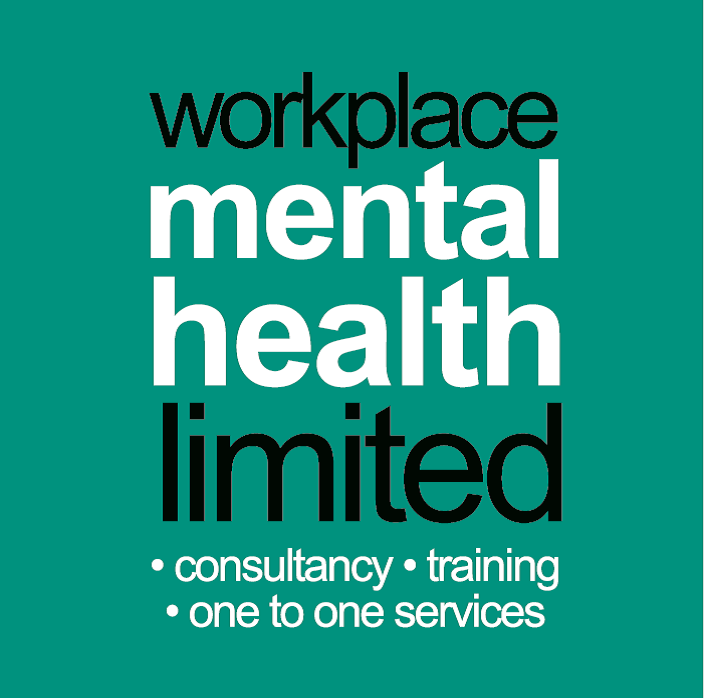
No one is happy all the time, but when does a ‘bad day at the office’ become something more serious? Would you or your employees recognise the signs and be able to support someone that is suffering from poor mental health?
77% of UK employees say they have experienced symptoms of poor mental health at some time in their lives.
62% of employees attributed their symptoms of poor mental health to work or said that work was a contributing factor.
Employers have a ‘duty of care’ concerning mental as well as physical health but despite this, only 10% of businesses have a robust mental health policy in place.
Time is your most valuable asset
Over the past few years, extensive research has taken place to evaluate mental health in the workplace and the results are staggering. A total of 91 million days are lost to mental health problems every year, costing the economy approximately £30 billion per year.
63% of line managers feel they have to put corporate interests before employee wellbeing.
Poor mental health is on the increase and has become the number one factor attributed to absenteeism and presenteeism. Whilst the need is clear, the solution is difficult for employers to take on themselves. Mental health is still a taboo subject surrounded by stigma and discrimination that creates unrest for those suffering from or supporting mental health issues.
76% of line managers believe they are responsible for employee wellbeing, but only 22% have received training.
Online surveys and toolkits can help point the way, but this is an added responsibility and time-consuming task that can easily lose momentum due to other priorities. Mental health is a specialist subject that requires professional insight to understand and many years of experience to deliver effective solutions.

